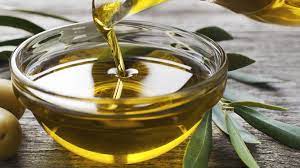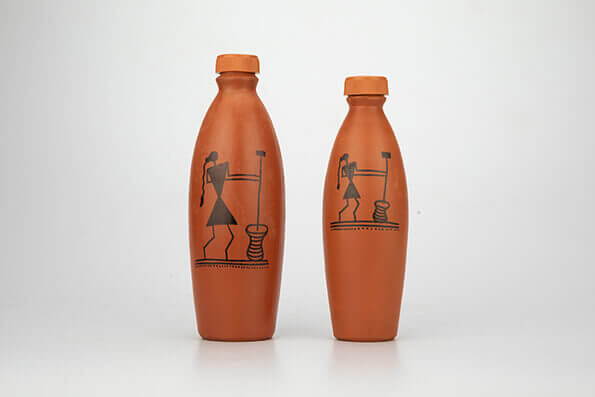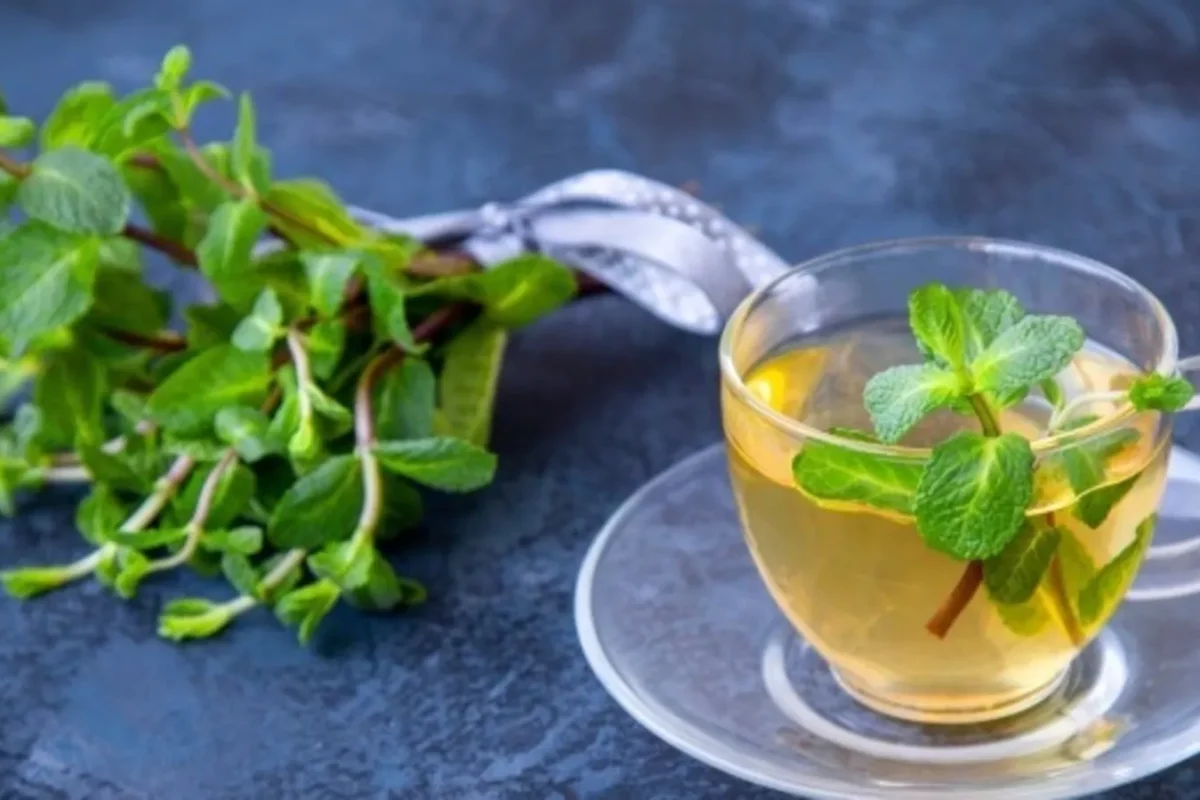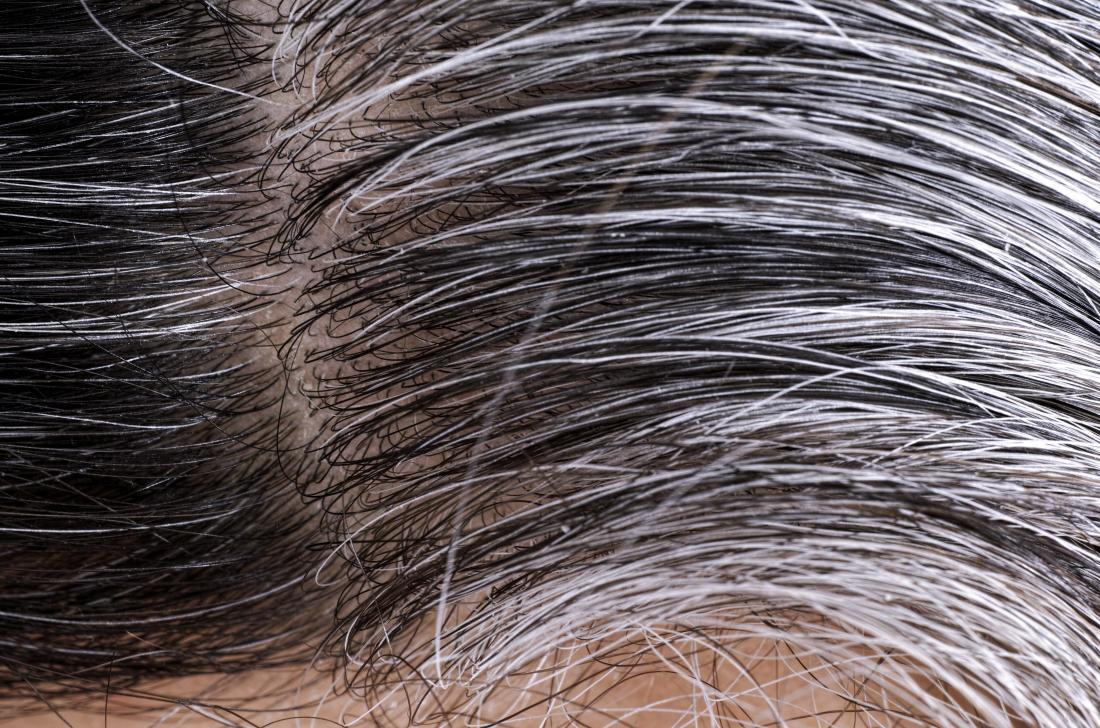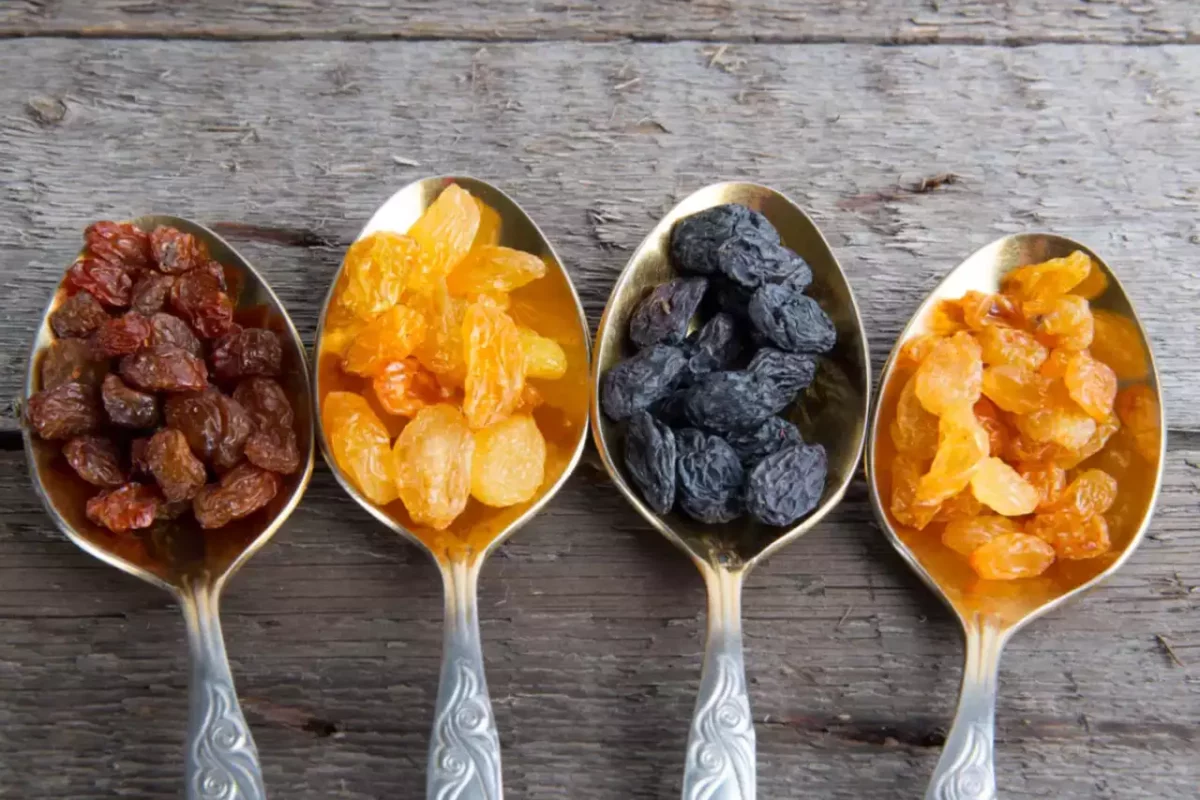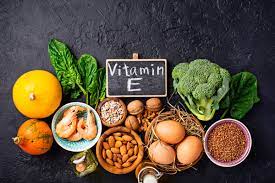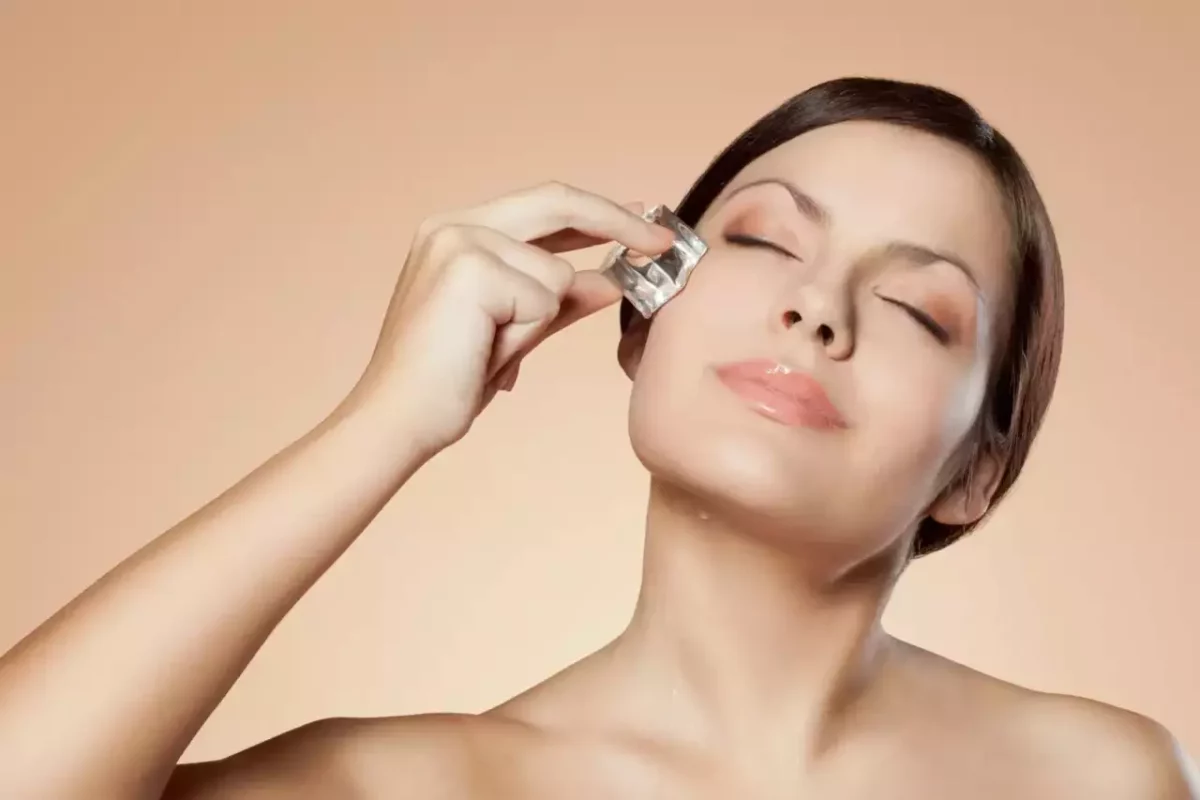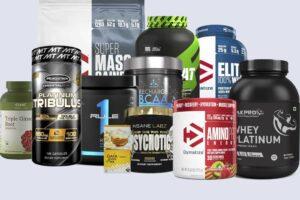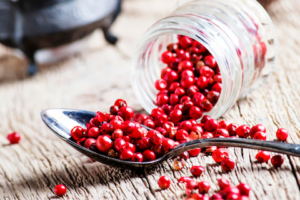A healthy diet plays a crucial role in maintaining excellent skin care. While oil is an essential ingredient for the skin, it is important to understand that not all oils are created equal. Some oils can benefit the skin, while others may have adverse effects. Here are some dietary recommendations for excellent skin care:
Essential Fatty Acids:
Include foods rich in omega-3 and omega-6 fatty acids. These healthy fats help to maintain skin moisture, reduce inflammation, and support overall skin health. Good sources include fatty fish (such as salmon, mackerel, and sardines), chia seeds, flaxseeds, walnuts, and avocados.
Essential fatty acids (EFAs) are types of fats that are necessary for our bodies to function properly but cannot be produced by the body. Therefore, we must obtain them from our diet. There are two main types of essential fatty acids:
Omega-3 Fatty Acids: Omega-3 fatty acids have been extensively studied for their numerous health benefits. They play a crucial role in supporting brain function, reducing inflammation, promoting heart health, and, relevant to our discussion, benefiting the skin. Omega-3s help maintain skin moisture, improve elasticity, reduce inflammation, and support overall skin health.
Good sources of omega-3 fatty acids include:
- Fatty fish: Salmon, mackerel, sardines, trout, and tuna
- Chia seeds
- Flaxseeds and flaxseed oil
- Walnuts
- Hemp seeds
- Seaweed
Omega-6 Fatty Acids: Omega-6 fatty acids are also essential for the body, but they need to be balanced with omega-3 fatty acids to maintain optimal health. Omega-6s are involved in the production of hormones, and cell membranes, and in maintaining healthy skin and hair.
Good sources of omega-6 fatty acids include:
Vegetable oils: Sunflower oil, safflower oil, corn oil, and soybean oil
- Nuts and seeds: Sunflower seeds, pumpkin seeds, and sesame seeds
- Evening primrose oil
- Borage oil
It’s important to note that while omega-3 and omega-6 fatty acids are beneficial, the typical Western diet tends to be imbalanced, with an overabundance of omega-6 fatty acids and a deficiency of omega-3s. Strive for a balanced intake of both types of essential fatty acids to support overall health and skin care.
It’s worth mentioning that before starting any new dietary regimen or supplementation, it’s advisable to consult with a healthcare professional or registered dietitian to ensure it aligns with your specific needs and health conditions.
Also Read: ADVANCED DUCTLESS FUME HOODS FOR SAFE LABORATORY ENVIRONMENTS
Antioxidant-Rich Foods:
Antioxidants help protect the skin from free radical damage, which can contribute to aging and other skin issues. Include a variety of fruits and vegetables in your diet, particularly those rich in vitamins A, C, and E. Examples include berries, citrus fruits, leafy greens, carrots, sweet potatoes, and bell peppers..
antioxidant-rich foods are essential for maintaining good health and supporting skin care. Antioxidants help protect the body’s cells from damage caused by free radicals, which are unstable molecules that can contribute to aging, inflammation, and various diseases. Including a variety of antioxidant-rich foods in your diet can provide numerous benefits, including promoting healthy skin. Here are some examples of antioxidant-rich foods:
- Berries: Blueberries, strawberries, raspberries, and blackberries are loaded with antioxidants such as anthocyanins and vitamin C.
- Citrus Fruits: Oranges, grapefruits, lemons, and limes are excellent sources of vitamin C, which is a powerful antioxidant.
- Leafy Greens: Spinach, kale, Swiss chard, and other leafy greens are rich in antioxidants like vitamins A, C, and E, as well as other beneficial compounds such as lutein and zeaxanthin.
- Cruciferous Vegetables: Broccoli, cauliflower, Brussels sprouts, and cabbage contain antioxidants like vitamin C and other compounds with potent health benefits.
- Tomatoes: Tomatoes are packed with lycopene, a potent antioxidant that gives them their red color.
- Nuts and Seeds: Almonds, walnuts, flaxseeds, and chia seeds are rich in antioxidants, healthy fats, and other beneficial nutrients.
- Green Tea: Green tea contains catechins, which are powerful antioxidants known for their potential health benefits.
- Dark Chocolate: High-quality dark chocolate with a high cocoa content (70% or more) is rich in antioxidants, including flavonoids.
- Red Grapes: Red grapes, particularly their skins, contain resveratrol, a powerful antioxidant that has been linked to numerous health benefits.
- Spices: Turmeric, cinnamon, ginger, and cloves are examples of spices that possess potent antioxidant properties.
Incorporating a variety of antioxidant-rich foods into your diet can provide a wide range of beneficial compounds to support your overall health and skincare. Remember to combine these foods with a balanced diet, regular exercise, and other healthy lifestyle habits for optimal results.
Hydration:
Drinking an adequate amount of water is essential for maintaining healthy skin. It helps to flush out toxins and keeps the skin hydrated, promoting a youthful and glowing complexion. Aim to drink at least 8 glasses of water per day, or more if you are physically active or live in a dry climate.
Hydration is crucial for maintaining excellent skin care. Drinking an adequate amount of water is essential for keeping your skin hydrated, promoting a healthy complexion, and supporting various skin functions. Here’s why hydration is important for your skin:
- Moisture Balance: Water helps maintain the optimal moisture balance in your skin. When your body is properly hydrated, it helps to prevent dryness and flakiness, keeping your skin soft, supple, and radiant.
- Skin Elasticity: Dehydrated skin can appear dull, tight, and less elastic. Drinking enough water helps improve skin elasticity, giving it a more youthful and plump appearance.
- Flushes out Toxins: Water plays a vital role in eliminating toxins from your body, including those that can contribute to skin problems. Proper hydration helps flush out waste and toxins, reducing the risk of acne breakouts and other skin issues.
- Nourished Skin Cells: Water is essential for delivering nutrients to your skin cells and promoting their proper functioning. It aids in the transportation of essential vitamins, minerals, and oxygen, which are necessary for maintaining healthy skin.
Reduces Wrinkles and Fine Lines: Proper hydration can help minimize the appearance of wrinkles and fine lines. When your skin is adequately hydrated, it appears plumper and smoother, reducing the visibility of these signs of aging.
To ensure proper hydration for your skin and overall health, consider the following tips:
Drink Sufficient Water: Aim to drink at least 8 glasses (64 ounces) of water per day. However, individual water needs may vary based on factors like climate, physical activity level, and overall health. Listen to your body and drink when you feel thirsty.
Monitor Your Urine Color: A simple way to assess your hydration level is to check the color of your urine. Clear or pale yellow urine indicates good hydration, while dark-colored urine may be a sign of dehydration.
Eat Hydrating Foods: Include hydrating foods in your diet, such as watermelon, cucumbers, oranges, grapefruits, strawberries, and soups. These foods contain high water content, contributing to your overall hydration.
Limit Dehydrating Factors: Avoid or minimize factors that can contribute to dehydration, such as excessive caffeine or alcohol intake, prolonged sun exposure, and intense physical activity without proper hydration.
Remember, maintaining proper hydration is not only beneficial for your skin but for your overall well-being. Make it a habit to prioritize regular water intake throughout the day and combine it with a healthy diet and skincare routine for optimal skin care results.
Limit Processed Foods and Sugar:
Foods high in refined carbohydrates, sugars, and unhealthy fats can contribute to inflammation and may negatively impact skin health. Try to reduce your consumption of processed foods, sugary snacks, sodas, and fried foods. Instead, opt for whole, unprocessed foods to support skin health.
Limiting processed foods and sugar is important for maintaining excellent skin care. These dietary components can have a negative impact on your skin health due to their potential to contribute to inflammation, hormonal imbalances, and skin issues. Here’s why you should minimize processed foods and sugar in your diet:
- Inflammation: Processed foods often contain high levels of refined carbohydrates, unhealthy fats, and additives. These ingredients can promote inflammation in the body, including the skin. Chronic inflammation can lead to various skin problems, such as acne, eczema, and psoriasis.
- Glycation: Excessive sugar consumption can contribute to a process called glycation. When sugar molecules attach to proteins in your body, it can lead to the production of advanced glycation end products (AGEs). AGEs can damage collagen and elastin, the proteins responsible for maintaining skin elasticity and firmness. This process can accelerate skin aging, resulting in wrinkles and sagging skin.
- Hormonal Imbalances: Processed foods, especially those high in refined carbohydrates, can cause blood sugar spikes and insulin resistance. This can lead to hormonal imbalances, including increased androgen levels, which can trigger acne breakouts and other skin issues.
- Nutrient Deficiencies: Processed foods are often stripped of essential nutrients during the refining process. Consuming a diet high in processed foods can lead to deficiencies in key nutrients that are vital for maintaining healthy skin, such as vitamins, minerals, and antioxidants.
To minimize processed foods and sugar in your diet for better skin care, consider the following tips:
- Choose Whole Foods: Focus on consuming whole, unprocessed foods like fruits, vegetables, whole grains, lean proteins, and healthy fats. These foods are rich in essential nutrients and antioxidants that promote skin health.
- Read Food Labels: When purchasing packaged foods, read the ingredient list carefully. Avoid foods that contain refined sugars, high-fructose corn syrup, artificial sweeteners, trans fats, and excessive amounts of additives and preservatives.
- Cook at Home: Preparing meals at home gives you more control over the ingredients used. You can choose fresh, wholesome ingredients and avoid processed convenience foods.
- Opt for Natural Sweeteners: If you need to sweeten your food or beverages, choose natural sweeteners like honey, maple syrup, or stevia in moderation.
- Practice Moderation: While it’s important to limit processed foods and sugar, it’s also crucial to practice moderation rather than strict deprivation. Allow yourself occasional treats, but make them a smaller part of your overall diet.
Remember, dietary changes take time and consistency to yield noticeable results. By gradually reducing processed foods and sugar in your diet and focusing on whole, nutrient-dense foods, you can support your skin’s health and overall well-being.
Also Read: ACKERMAN PRINCIPLE 101: WHAT YOU NEED TO KNOW
Incorporate Healthy Oils:
While oil is an essential ingredient for skin care, focus on incorporating healthy oils into your diet. Olive oil, coconut oil, and avocado oil are excellent choices. They contain beneficial compounds that can nourish the skin from the inside out. However, moderation is key, as excessive intake of any oil can lead to weight gain.
Incorporating healthy oils into your diet can provide numerous benefits for your overall health and skincare. Here are some healthy oils that you can incorporate:
- Olive Oil: Olive oil is rich in monounsaturated fats and antioxidants, such as vitamin E and polyphenols. It has been associated with numerous health benefits, including reducing inflammation and promoting heart health. When used in moderation, olive oil can be a beneficial addition to your diet.
- Coconut Oil: Coconut oil is a versatile oil that has gained popularity for its potential health benefits. It contains medium-chain fatty acids, including lauric acid, which is known for its antimicrobial properties. Coconut oil can be used for cooking, baking, or as a substitute for butter or vegetable oils in certain recipes.
- Avocado Oil: Avocado oil is another healthy oil that is rich in monounsaturated fats, vitamin E, and antioxidants. It has a high smoke point, making it suitable for cooking at higher temperatures. Avocado oil can also be used as a salad dressing or drizzled over dishes for added flavor and nutritional benefits.
- Flaxseed Oil: Flaxseed oil is a plant-based oil that is rich in omega-3 fatty acids, specifically alpha-linolenic acid (ALA). It is typically used as a supplement rather than for cooking, as heat can degrade its nutritional properties. Flaxseed oil can be added to smoothies, and salad dressings, or used as a finishing oil for dishes.
- Walnut Oil: Walnut oil is derived from walnuts and contains a good amount of omega-3 fatty acids, along with other beneficial compounds like antioxidants and phytosterols. It has a delicate nutty flavor and can be used in salad dressings, marinades, or as a finishing oil.
When incorporating oils into your diet, it’s important to use them in moderation. While these oils offer health benefits, they are still calorie-dense, so it’s essential to consider portion sizes and overall calorie intake. Additionally, it’s always a good idea to choose cold-pressed or extra virgin oils, as they retain more of their beneficial compounds compared to refined oils.
Remember, a well-balanced diet that includes a variety of healthy fats, such as those from oils, nuts, seeds, and fatty fish, can contribute to excellent skincare and overall well-being. Consult with a healthcare professional or registered dietitian for personalized advice on incorporating healthy oils into your specific dietary needs and goals.
Remember, a balanced and varied diet, combined with a good skincare routine and other healthy lifestyle habits, can contribute to excellent skin care. It’s also essential to consult with a healthcare professional or a registered dietitian for personalized advice based on your specific needs and skin condition.
Conclusion
In conclusion, incorporating a healthy diet into your skincare routine is essential for maintaining excellent skin care. While oil is an important ingredient for the skin, it’s important to choose healthy oils and use them in moderation. Here’s a summary of the key points.
FAQ
Q: Can a healthy diet improve my skin’s appearance?
A: Yes, a healthy diet can have a positive impact on your skin’s appearance. Nutrient-rich foods provide essential vitamins, minerals, antioxidants, and healthy fats that support skin health, promote a youthful complexion, and help reduce skin issues.
Q: Are there specific foods that can help clear acne?
A: While no single food can magically cure acne, a balanced diet rich in fruits, vegetables, whole grains, lean proteins, and healthy fats can support overall skin health. Some foods that may help manage acne include those with anti-inflammatory properties like berries, leafy greens, and fatty fish. However, individual responses to specific foods may vary, so it’s best to consult with a dermatologist or healthcare professional for personalized advice.
Q: Can drinking water alone improve my skin’s hydration?
A: Drinking an adequate amount of water is essential for maintaining skin hydration, but it’s not the only factor. Proper hydration also depends on factors like your overall diet, climate, skincare routine, and other lifestyle habits. While water is important, it’s also beneficial to consume hydrating foods and use moisturizers to support your skin’s moisture balance.
Q: Is it necessary to eliminate all oils from my diet for healthy skin?
A: No, it’s not necessary to eliminate all oils from your diet for healthy skin. In fact, healthy oils like olive oil, coconut oil, avocado oil, and others can provide beneficial nutrients for your skin and overall health. The key is to use them in moderation and choose healthier options over unhealthy oils or excessive consumption.
Q: How long does it take for dietary changes to reflect in the skin?
A: The timeline for dietary changes to reflect in the skin can vary from person to person. Generally, it may take a few weeks to a couple of months to notice significant improvements. Consistency is key, as dietary changes need to be sustained for a period of time to allow the body to adjust and for new skin cells to regenerate.








